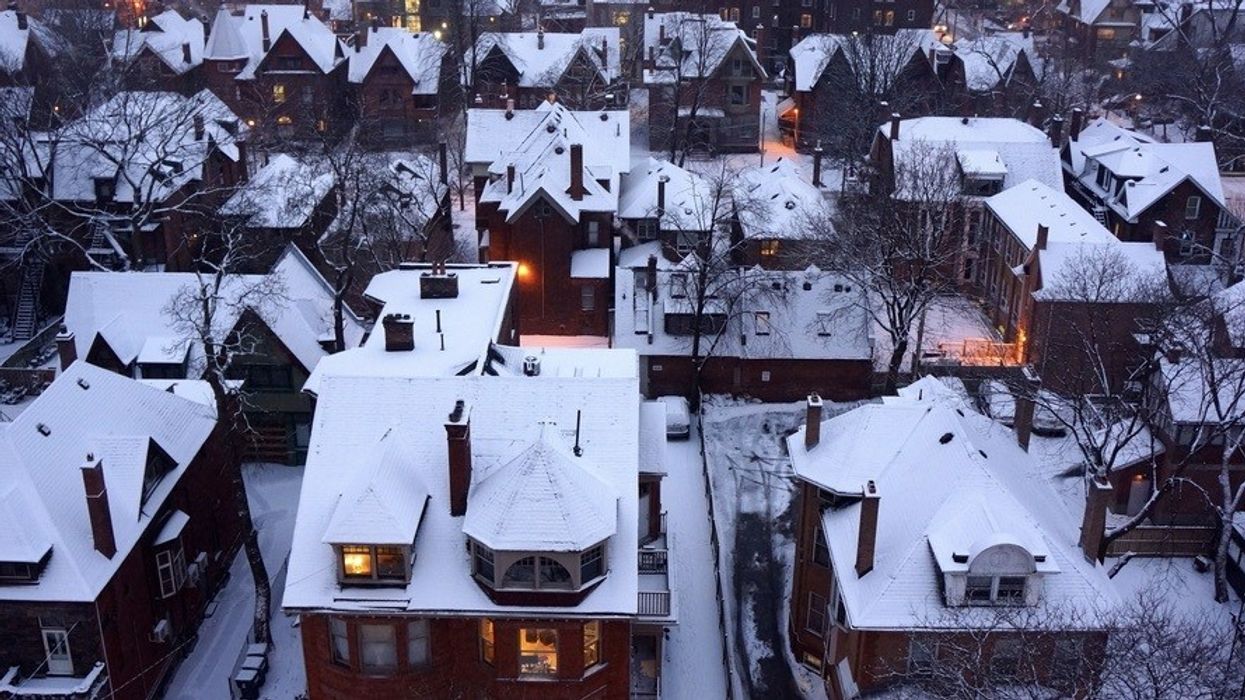After COVID-19 reared its ugly head on Canadian soil, life as we knew it changed forever... or at least for the foreseeable future.
Businesses closed and jobs were lost across every industry as the government tried to gain control of the deadly virus. However, despite a minor hiccup in the spring, the Canadian real estate market has managed to (so far) come out unscathed -- for the most part, anyways.
In the months to follow the initial outbreak of the virus, Canada's housing market experienced a record-setting recovery from coast to coast, thanks to high demand, Canadians taking advantage of low-interest rates, and real estate agents utilizing digital sales tools.
Since the start of the pandemic, Canadian homebuying behaviours have shifted immensely, with many urbanites relocating to the 'burbs in search of more space as the work-from-home trend continues.
As such, both sales and prices are up, which raises the question: will the Canadian housing market maintain this upward trend as we head into winter?
READ: Home Renovations in Canada Up Nearly 40% Since Start of Pandemic
The Federal Reserve Bank of Dallas recently published a report that analyzed the real estate markets in the Group of Seven countries during the second quarter. According to the report, Canadian residential real estate prices reported the biggest jump in the G7, rising 2.42% from Q1-2020. The next biggest jump by a G7 country was France, rising 1.71%. This occurred in Canada despite soaring vacancy rates and very little immigration during the April-to-June period.
To get a better understanding of the Canadian housing market, RE/MAX shared the average sales prices and the year-over-year growth from August.
"The unforeseen developments of 2020 may have stumped market watchers, but the upward trends make sense since a key factor helping in the recovery of the national real estate market has been an inventory shortage that surfaced long before COVID-19 reared its head in Canada," wrote RE/MAX in a recent report.
According to the Canadian Real Estate Association (CREA), inventory levels fell to an all-time low of 2.6 months in August.
Looking ahead, some economists said that the pent-up demand has been exhausted, which could mean the Canadian real estate market would lose some of its current momentum in the months to come. Despite the possibility of a slowdown, RE/MAX suggests that prices will continue to climb.
“With pent-up demand now largely exhausted, we see activity cooling later this fall,” said RBC economist Robert Hogue.“The pent-up demand created this spring proved a powerful driver of activity. Question is: how much longer can it be such a dominant factor? We think there’s probably little pent-up demand left to satisfy in most markets.”
RBC's forecast for higher prices coincides with RE/MAX Fall Market Outlook Report, which predicted a "continuation of growth in valuations and activity in most housing markets."
Regardless of where you're looking to move, RE/MAX says the Canadian real estate market is "ripe with a wide range of opportunities for both new homebuyers and homeowners looking to upgrade." Particularly since more people are working remotely and fewer workers need to be in close proximity to their workplace, which is leading to growth outside of downtown cores -- namely within small suburban or rural municipalities.
The Bank of Canada (BoC), which is anticipated to maintain an accommodative monetary policy for a few more years, forecasts that it'll still be some until Canada's economy recovers. However, despite the remaining roadblocks within the economy -- including business closures and widespread job loss -- the real estate sector is booming.
RE/MAX suggests that "any significant price cooling activity is unlikely to correlate with Canada’s cooling temperatures" and when it comes to the national real estate market, "all signs point to a hot winter market ahead."
Of course, it must be noted that RE/MAX has a vested interest in the market performing, and they have been one of the most critical voices of the CMHC's dire forecasts since COVID-19 began. That said, RE/MAX's predictions about the housing market have so far been more aligned with real life occurrences than those of the CMHC. But, as the saying goes, winter is coming -- and if buyers start to get cold feet it's going to be a long one.





















